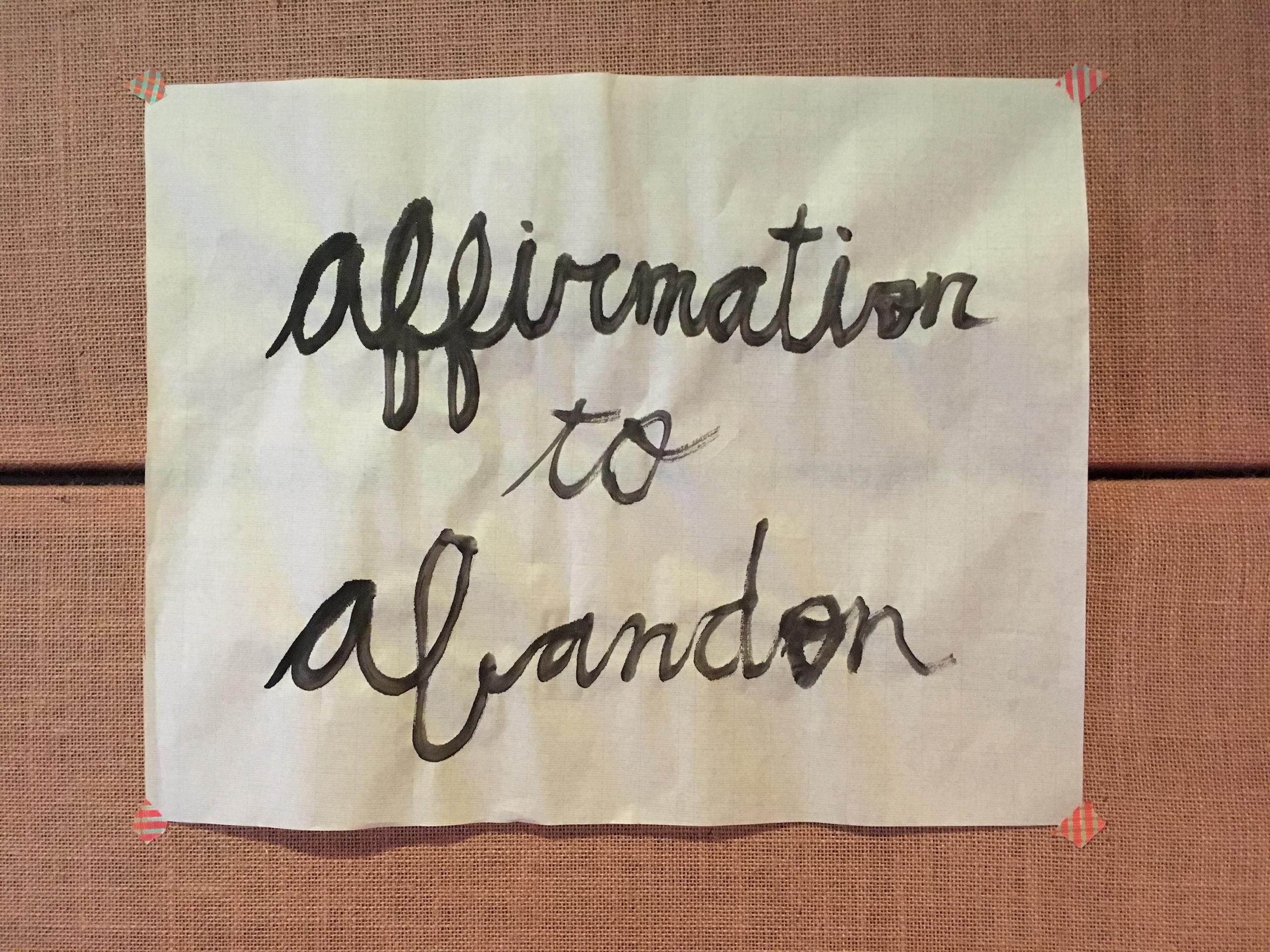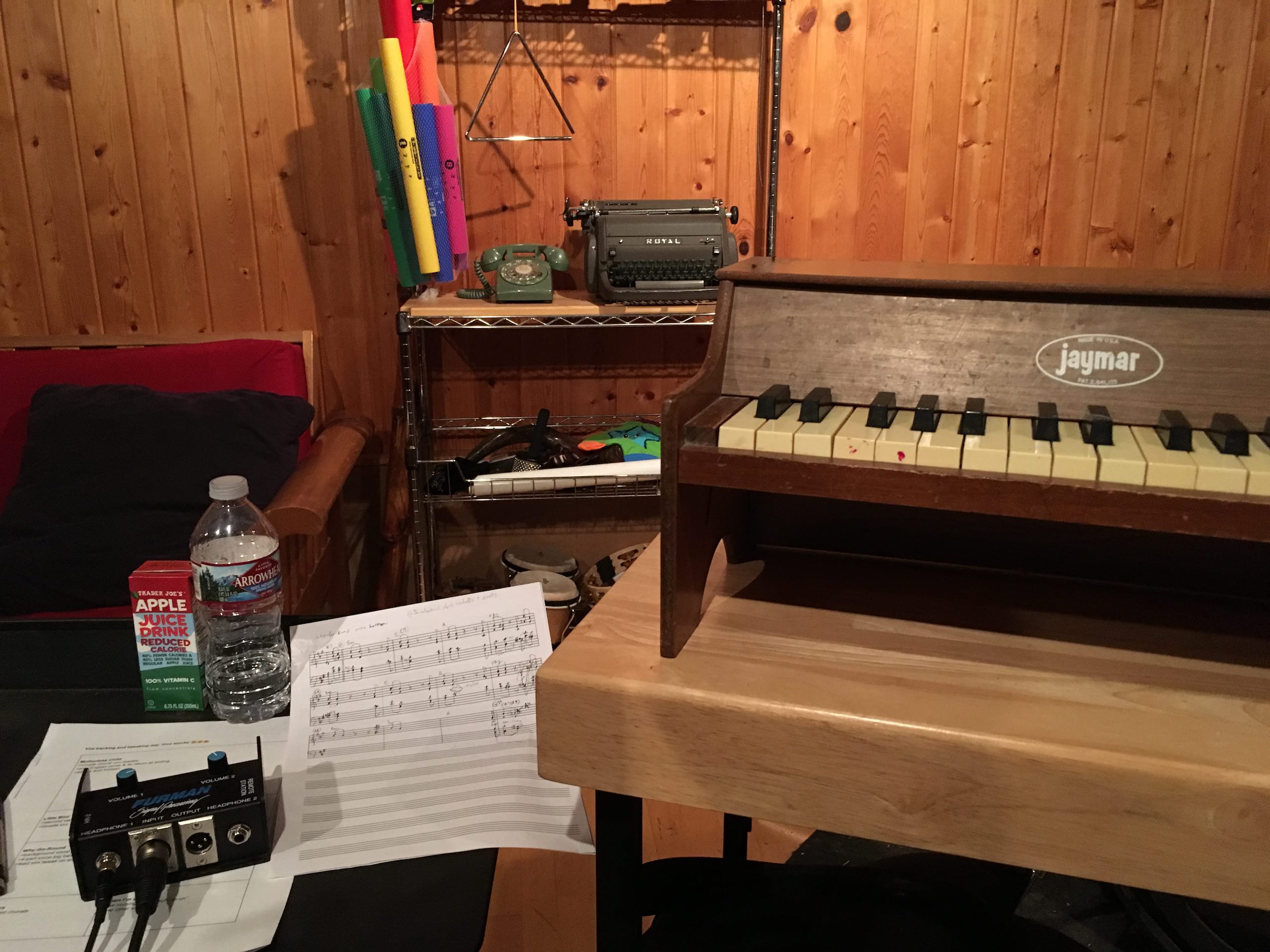22 Nov Why-Go-Round
I’m publishing a blog post every Friday on a track from my album Dream of Home. My post on the title track is a good place to start to get properly introduced to the series.
“Why-Go-Round” was written as an affirmation to abandon, to let go, to run away. Running away was a novel strategy to me as I was taught to stick things out. I finally learned in Korea, in the way you might learn to not run into a brick wall again after running full-force into a brick wall, that sticking it out is not always the best solution and sometimes, you have to take cover and escape. My mom still says I should try to change my attitude instead of trying to change the circumstances but I don’t think so. Sometimes you need to say enough is enough.
Life, Liberty, and Filial piety
Koreans are raised on stories of filial piety with characters like Simcheong, who sacrificed herself so that her father may regain his sight, exemplifying the ideal, devoted daughter, the 효녀 hyonyeo. It’s a perfect example of women being defined by and valued above all else in their relationship and service to men in Korean culture. While patriarchy is rampant Stateside also, its extent and volume blindsided me, with the word becoming much more of a lived daily, personal experience than institutional bias and the foundation on which society is built—which is still a huge thing, obviously. Built upon it is the idealization of the self-sacrificing woman, doing everything in support of her family. We praise women like that for being superhuman strong but guess what? While they may not be as fragile as some others, they are no less human and may well break eventually.
But I was optimistic when I arrived in Korea, eager to help out with family affairs, acting as a proxy for my mom who may feel she hasn’t been able to do her share living abroad. It got to be too much so I started establishing boundaries in my head, blocking out time to do my work and for myself, but that would get immediately wiped out when I saw the tremendous thing someone else was dealing with, that there was no visible exit door for this person and the least I could do was hold the window open to let in some air. I might have been running myself ragged but I didn’t think to assess until I was cornered into an unacceptable situation compromising my integrity. Realizing that I had the right to be happy was a sad epiphany. I had forgotten in Korea, where the pursuit of happiness is still a fairly foreign concept and often incompatible with deeply held Korean values and expectations.
If I had left one year into my stay in Korea, I would have left thinking that people are more messed up than I had known in my small, just world before it crumbled. Two years in, I realized that everyone is doing their best, and more importantly, that if their best is not good enough—toxic to me—I need to extricate myself from the situation.

Arrangement of Why-Go-Round
In arranging the songs, I was not that concerned with the ratio of slow to fast songs but gave considerable attention to the flow of keys going from one song to the next. I had to be especially careful because composing and playing on the gayageum meant that most of my songs were going to be in the same or related keys. I tune my gayageum to Bb (typically tuned to C) but for “Why-Go-Round,” I tuned it down another half step (though it’s not recommended to tune it to A as that’s too low for the instrument) so that I could be in a new key center. I was also intentional in arranging the a cappella “Motherless Child” in far-away keys for the same reason. I drew inspiration from barbershop quartets for the chorus on the head out and wrote out a bass line, per Ross’ suggestion, amplifying the bouncy 3/4 feeling of the straightforward ditty.
Erik (bass) came prepared and ready to record his parts, as I hear is his M.O., totally professional and with a fun, amicable personality to boot. It’s no wonder he’s an in-demand musician for many and it tickles me to be able to say I have the same bassist as Shakira. 

Below is the Garageband mockup of the song. I recorded a lot of the vocals while lying under my covers (because it was freezing) or at the crack of dawn (because I was too sleepy to stay up and would be more productive early in the morning), so the singing on the mockups is not great, in general, and pitch-y on this. You can also hear my clumsy whistling on it. I’m not a proficient whistler so Keith used his technological prowess to make it sing like it does on the recording.
Another one of the cool things Keith did was to run my voice through the Leslie at the end when I’m singing “You deserve to be happy. You deserve to be free.” Ross played the Harmonetta, an obscure harmonica-type of instrument, on the song and Gavin played a bunch of percussion instruments to give the “merry-go-round in a junkyard” feel we were going for.
“Why-Go-Round” is a sort of benediction to close the album (with “Little Bird” as the recessional) and I’d like to pass that blessing onto you, reader. May you let go, move on, and be free. Take care as we go into the holiday season! I’m taking next week off for Thanksgiving but will be back with a write-up on the final track the following weekend.
__
Read my post on “Little Bird” next.
Find Dream of Home on YouTube Music, Bandcamp, Apple Music, Amazon, and Spotify.


No Comments